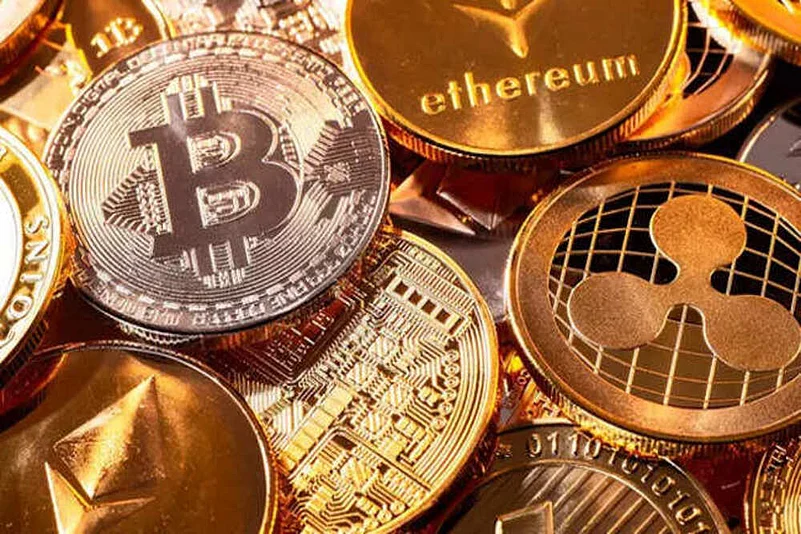The government may or may not ban crypto in the future. But a question that the government and all other regulators must answer is that, whose interests are they safeguarding by allowing rumours and half-baked information to float in the market?
There are two types of investors on exchanges (dealing in securities, commodities, or other trading instruments like cryptocurrencies). First, are those who panic-sell their investments on hearing rumours and half-baked information that may affect their investments negatively. They are usually the small investors who cannot afford to put in additional money to buy in dips to recover the losses on their investments.
Then there are big sharks with deep pockets, waiting for the small investors to panic, giving the former a chance to enter the market at lower valuations and book profits when valuations go up. That’s why the government, RBI, SEBI and other regulators ensure that nobody puts out information that causes volatility in the markets, leading to the destruction of small investors’ wealth overnight.
But what happens when the government’s own communication, or the lack of it, leads to the destruction of investor wealth? On Tuesday evening, a seemingly innocuous list of businesses on the Lok Sabha website for the upcoming winter’s session suggested that the government is going to ban cryptocurrencies in India. Within minutes of the news getting reported, almost all the crypto coins being sold on the Indian crypto exchanges started losing value. Millions of investors exited the market at a loss as high as 50 per cent.
By morning, there was some moderation in the news, with reports suggesting that only private cryptocurrencies like Zcash, Dash and Monero will be banned, while those being traded on a public ledger (Bitcoin, Ethereum) will continue to be legal. Interestingly, despite knowing the rout in the crypto market, caused by the government's notification, no clarity came from the government on the issue. Rather, it was the founders of crypto exchanges in India, who were giving clarifications on behalf of the government, asking investors to not panic-sell their crypto assets based on rumours.
The founder of CoinSwitch, Ashish Singhal tweeted, “recent conversations with the government point towards a progressive approach & there is no concrete statement made which claims otherwise.”
To ban crypto or not is the prerogative of the government and it must do it after due consultations with the subject matter experts. What intrigues the most is that the government had listed the same notification on January 29, 2021, on its Lok Sabha bulletin, that had caused a similar rout in the crypto markets, causing crores of investors to lose money overnight. The build up to Tuesday’s notification was quite negative, giving people more reason to panic-sell their investments.
On November 13, Prime Minister Narendra Modi had chaired a meeting to discuss the future of cryptocurrencies, with most news organisations reporting that the government was worried about cryptocurrencies being used to fund terror and illegal activities in the country. There was no official communication from the government about that meeting either. Back In 2018, the RBI had banned the banking system from cryptocurrency transactions, which was later struck down by the Supreme Court in 2020.
According to industry estimates, there are about 10 crore investors in India who have invested $10 billion in cryptocurrencies already. Even if we discount this number by 50 percent, to agree with RBI governor, Shaktikanta Das’ recent assertion that the figure of 10 crore is an exaggeration, there are a good 5 crore Indians who have purchased cryptocurrencies worth $5 billion. This means that the number of investors who have lost money due to unclear communication on a government website is more than the number of investors who lost money in the recently concluded IPO of fintech firm Paytm, which wiped out wealth worth Rs 38,000 crore on the day of listing.
The government may or may not ban crypto in the future. RBI’s proposed digital currency may or may not succeed in the future. But a question that the government and all other regulators must answer is that, whose interests are they safeguarding by allowing rumours and half-baked information to float in the market? Small investors, or the big sharks?


























